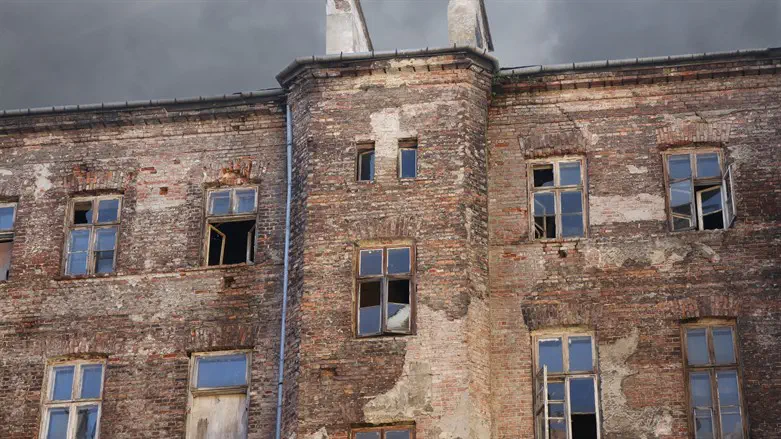
Poland’s deputy prime minister, Piotr Glinski, told a conference in the EU parliament in Brussels commemorating the 80th anniversary of the Warsaw Ghetto Uprising that “in Poland, antisemitism is not allowed and there is no place for it in our country.”
“Jewish people can feel safe in Poland,’’ Glinski added.
He also described antisemitic incidents in Poland as “isolated” and “15 times less numerous than in Germany,” the European Jewish Press reported.
Glinski told the conference, which was organized by the European Jewish Association (EJA) and the Social and Cultural Association of Jews in Poland (TSAZ), that antisemitic incidents “must be combated, including through education, both about the Holocaust and the many centuries during which Poles and Jews have coexisted.”
The event, which was titled, ‘Though if it be to die, we will fight… and our deeds will live forever’, was hosted by Polish members of the European Parliament Anna Fotyga and Adam Bielan, and featured Jewish and Polish speakers commemorating the April 19, 1943 uprising against the Nazis that lasted until May 16.
“The Warsaw Ghetto Uprising, whose 80th anniversary we are now marking, was the first big-city uprising and the biggest revolt of the Jewish people during the German occupation,’’ Glinski said.
Glinski honored the “heroes of the Warsaw Ghetto Uprising and the innocent victims of the German war machine.”
“We remember about the past and based on historical experiences, we seek to build a better future,’’ he said.
An exhibition about the Warsaw Ghetto Uprising was also unveiled in the EU parliament. ‘’City of the Living, City of the Dead” features photographs of the Warsaw Ghetto along with modern photos of life today in the city, which is Poland’s capital.
“Today, Warsaw is a city of the living. But we are not forgetting about those who died or were killed. Remembrance, passed from generation to generation, must last for eternity,’’ Glinski said.
